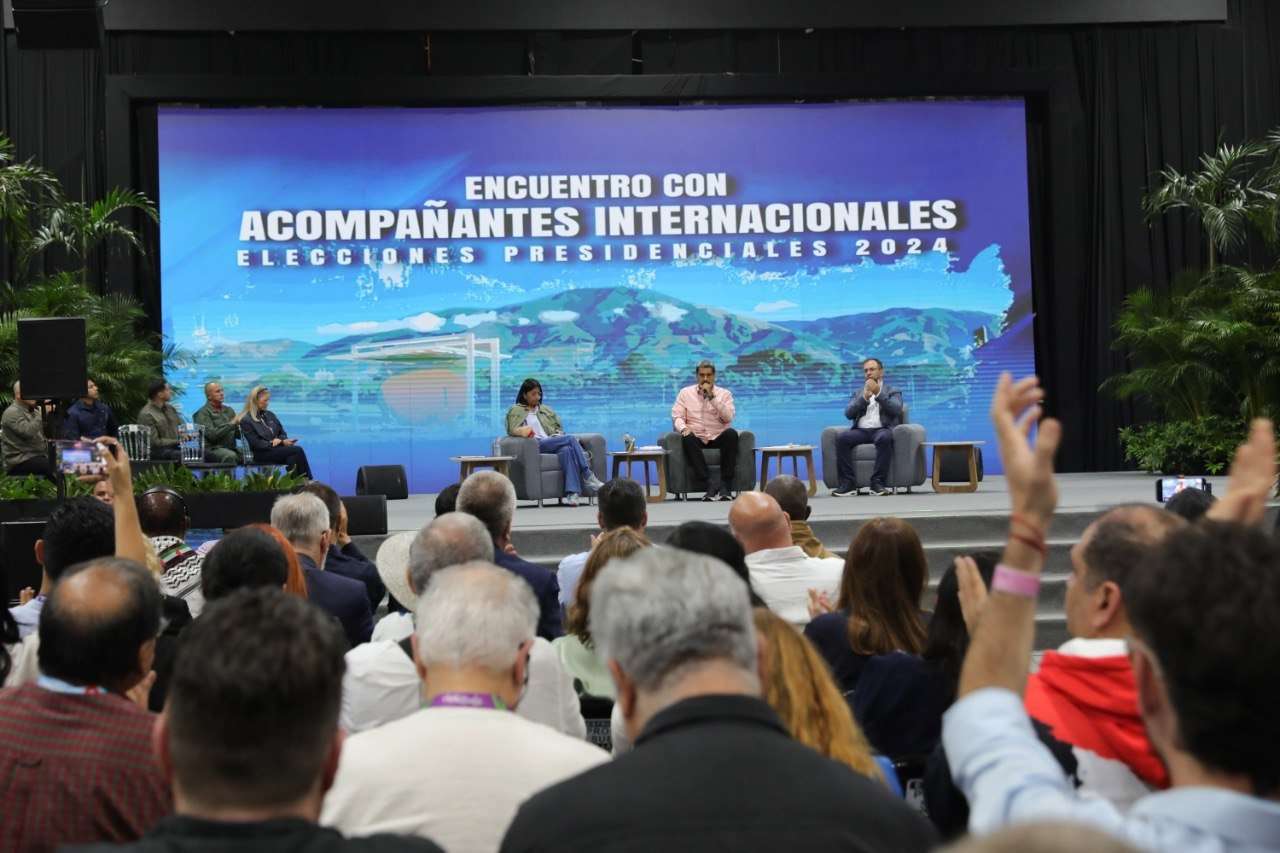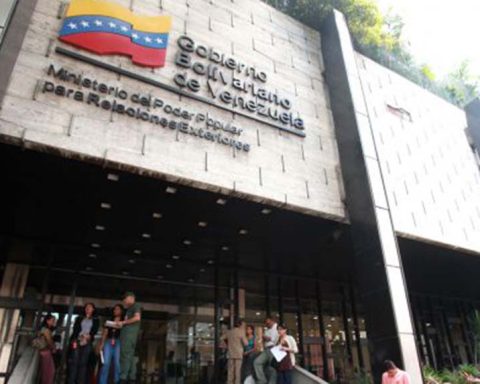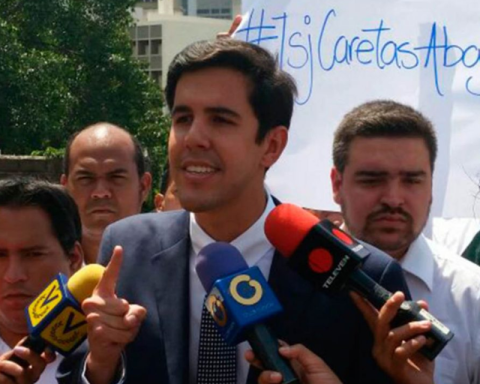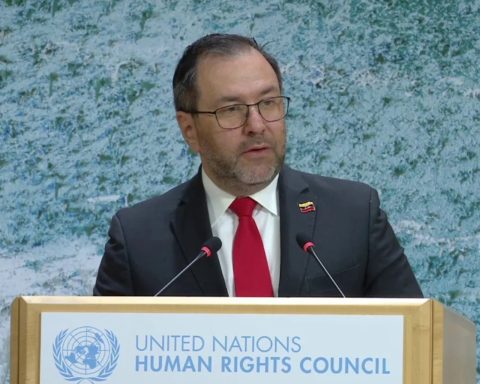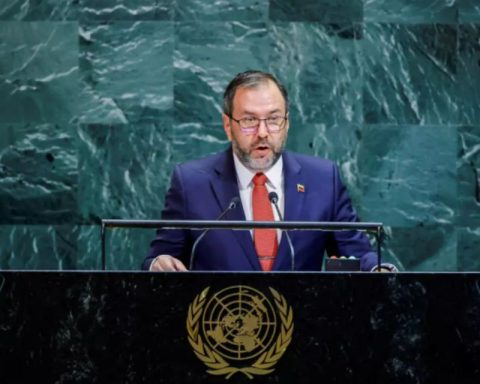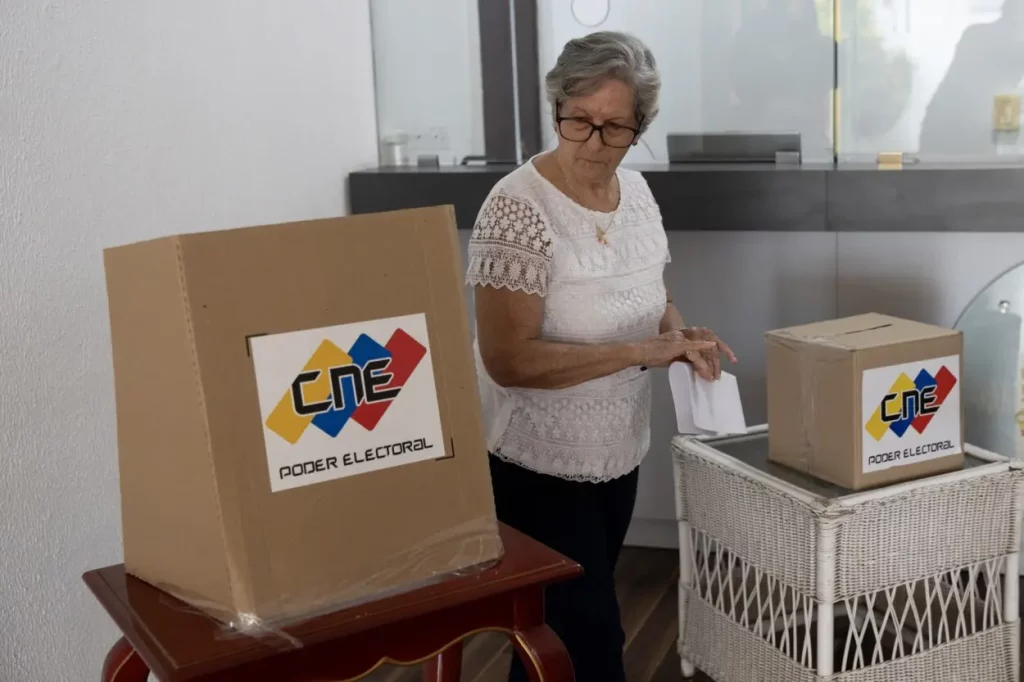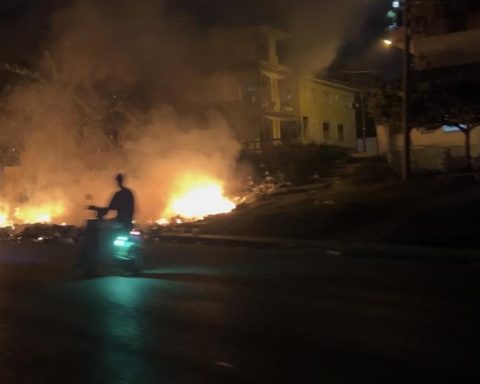Six citizens, including two Colombian paramilitaries, have been arrested, convicted and confessed to being involved in the attempted sabotage of the Ureña Substation, located in the state of Táchira, which was intended to interrupt the electrical service in the west of the country just hours before the presidential elections, scheduled for July 28.
“The terrorist groups are under control,” said the President of the Republic, Nicolás Maduro, specifying that the maneuver was aimed at destroying the electrical installation, thus generating a catastrophic scenario in which eight states would be severely affected.
From the Simon Bolivar Park Convention Center, located in Miranda state, he suggested that public opinion would soon label the detainees as “politically persecuted,” downplaying their responsibility for the terrorist operation to “blow up, burn and destroy” the Ureña Substation.
“Is the person who tried to blow up, burn and destroy the Ureña Substation in Táchira, on the border with Cúcuta, a political persecutor? They tried to destroy it; eight western states would have lost power (…) They are captured, convicted and confessed,” he said.
He explained that what happened against the National Electric System (SEN) is not the only episode of sabotage recorded in recent hours, however, he noted that each detected action has received an immediate response from security agencies in order to preserve national stability.
The Head of State pointed out that, despite the systematic attacks by extremist sectors, “they could not prevent July 28 from arriving” and Venezuelans from fulfilling their right to choose in peace.
“July 28th has arrived and we have withstood the worst of the attacks. The worst times are behind us and I invite you to see how better times have arrived for Venezuela,” he said.
Earlier, the president of the National Electric Corporation (Corpoelec), José Luis Betancourt, denounced that the act of sabotage was directed at power transformers, an action confirmed by the seizure of three oxycut cylinders capable of causing an explosion in the electrical infrastructure.
Because the SEN is interconnected, the execution of the terrorist maneuver would have generated a “cascade effect” in the Andes and part of western Venezuela.
